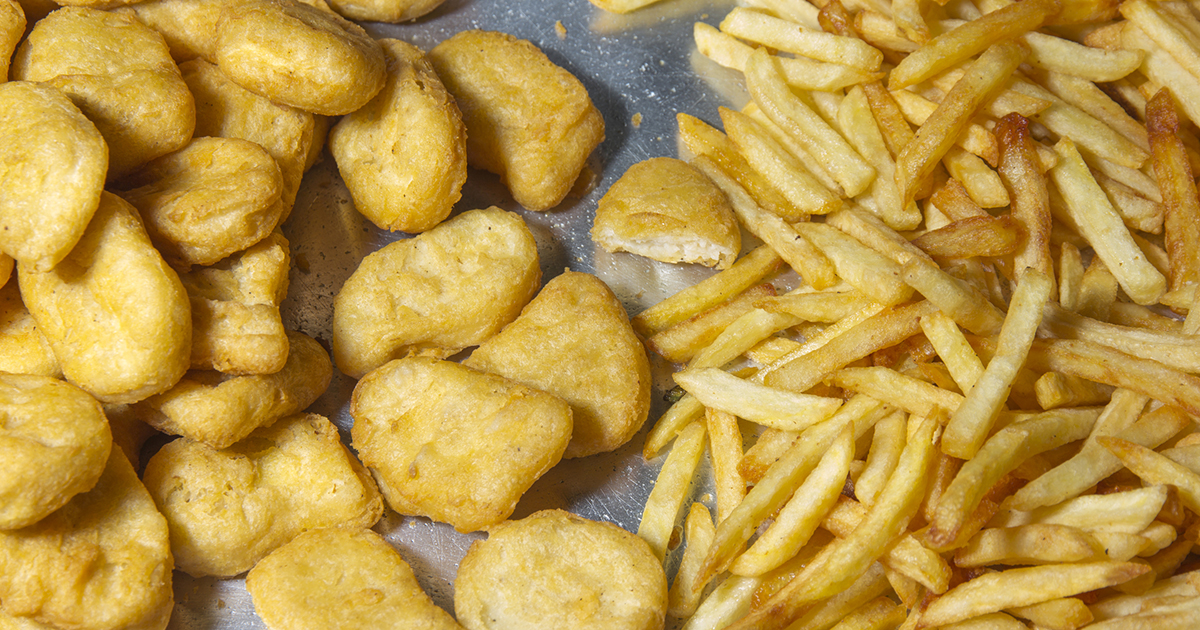Inflammatory Foods Linked To Colorectal Cancer
Many foods can potentially promote inflammation. But what are the risks of inflammation? There are many. Foods such as sweets, french fries, and hot dogs are known to cause weight gain and inflammation. It has been known for quite some time that chronic inflammation may lead to health complications like cardiovascular diseases, recent studies discovered chronic inflammation might also be related to colorectal cancer. Find out what other foods cause inflammation, which foods can combat inflammation, and what precisely colorectal cancer is to begin with.
Foods That Cause Inflammation

Foods that cause inflammation can lead to weight gain, digestive issues, drowsiness, skin issues, and serious diseases like diabetes and cancer. But which foods commonly cause inflammation? Food containing glucose, a simple sugar, like chocolate bars and sodas are known to increase inflammation, as do fast food and fried foods like french fries, fried chicken, and onion rings.
Some common drinks that can cause inflammation include beer, wine, liquors, and soda. Many other foods and food additives can cause inflammation, such as artificial sweeteners, dairy products, refined flours, vegetable oil, food containing saturated fat, grain-fed meat, processed meat, bread made from refined white flour, and artificial additives that are common in breakfast cereal, candy, and ice cream.
